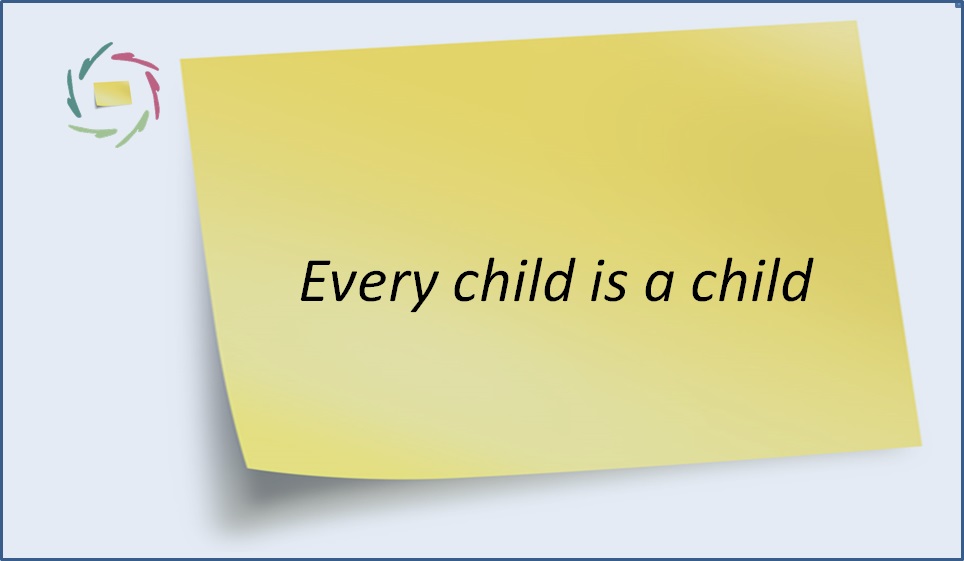Moral Motivation

If morality doesn’t lead to action, then what’s the use?
Let good people do good things.
How?
I guess the doing should not be the focus of an additional endeavor. It should be part and parcel of the moral communication itself. For instance, telling a child what is moral behavior, should deeply touch the child in such a way that it feels a spontaneous urge to act out this moral behavior.
Not for ‘doing good’ but out of ‘being good.’
You may say I’m a dreamer
but I think I’m just being efficient in a realistic way. I do like to dream from time to time but not right now. This is serious.
So, concretely, how does this ‘moral motivation’ work? Firstly, how does it not?
Pure reason never motivates
The error has frequently been made. Person A is rationally convinced of the correctness of some behavior, then tells person B to act this way and is negatively amazed of the result. Is person B lazy, dumb headed, or obstructive ‘as usual?
Answer: person B is just not being motivated. We should all learn to see motivation as a shared responsibility also for the person who brings for instance some moral advice. Now, pure reason just does not motivate. It’s like sticking an aspirin on your head. It just doesn’t work. (Let’s not start talking about placebo.)
However, pure reason can point to causes and consequences of behavior. It can help through constraint satisfaction towards a suitable solution. It certainly has a role to play whenever possible. But you have to get the aspirin in the mouth, not on the front.
The key: communication
I mean ‘deep’ communication. The moral motivator needs to see the other person as person. This of course requires a good dose of empathy. Very important is the insight that eventually, all motivation starts inside the person himself.
You may ‘invite’ this.
The invitation can come from you and enter the other person. This is the working instrument of the ‘motivator.’ It is as a matter of fact a kind of two-way communication.
Role of emotions
Motivations are always emotions. Morality always involves emotions. For instance:
- feeling afraid = being motivated to run away
- feeling aggression = being motivated to attack
These can be conscious or nonconscious. To know this, doesn’t make you an expert in motivation yet, but is a first and necessary step. Without manipulation, you can then look for which emotions are important to the other and show that you can at least acknowledge them, value them, respect them.
As to the child in the moral behavior case
the educator can for instance playfully ask to go into the roles – imaginary if needed – of one or two people from a concrete situation in which the moral behavior is important. This way the child learns from inside – the own world – what it feels like and the feeling itself may simultaneously act as motivator, supported by the teacher.
An experience teaches more than a thousand detached pictures.
That’s more than a million words.
—–
About ‘deep motivation’, I have worked out a complete Read&Do (kind of online workshop). [see Read&Do ‘Deep Motivation’, log-in required]


